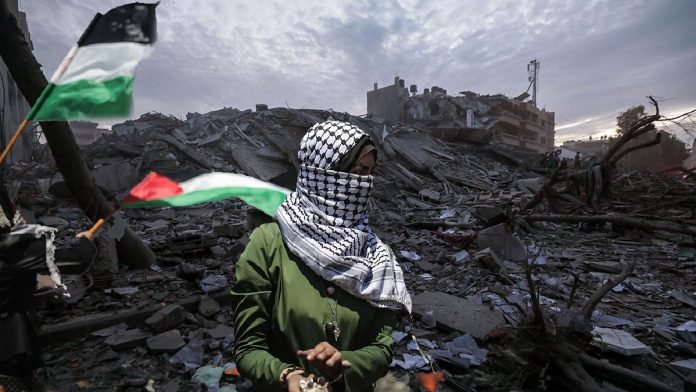Gaza’s Descent into Hell as Old Rules Crumble
This latest turmoil in Palestine heralds an ominous new chapter, and for many, a final one. It follows Hamas’ audacious yet brutal October 7th attacks striking deep into Israel, both physically and psychologically.
Breaching walls and evading intelligence defences, Hamas inflicted grave losses, killing over 1400 and taking 222 hostages—this ruptured old paradigms. Israel’s aura of invincibility shattered as darkness descended on Gaza. Hamas won tactically but at immense human costs.
A cost that will multiply for years to come, with no end to the death of this fateful day.
Israeli leaders have said in no uncertain terms that this war will only end when Hamas no longer runs the Gaza Strip.
“It’s only the beginning,” said Prime Minister Benjamin Netanyahu in the first week of the war. “Our enemies have only just begun to pay the price. I won’t detail what will come next. But I’m telling you, it’s only the beginning.”
“We will destroy Hamas, and we will win,” he pledged.
What comes next is uncertain. With old rules obsolete, the future holds only menace as extremes dominate. Israel’s lust for vengeance obscures reason, while Hamas’ radicalism rules out moderation. Civilians on both sides will suffer as their failed leaders stoke endless vengeance. No matter how loud the people cry for peace their voices will be buried beneath the rubble of Gaza.
As Gaza Teeters, Politics Trumps People
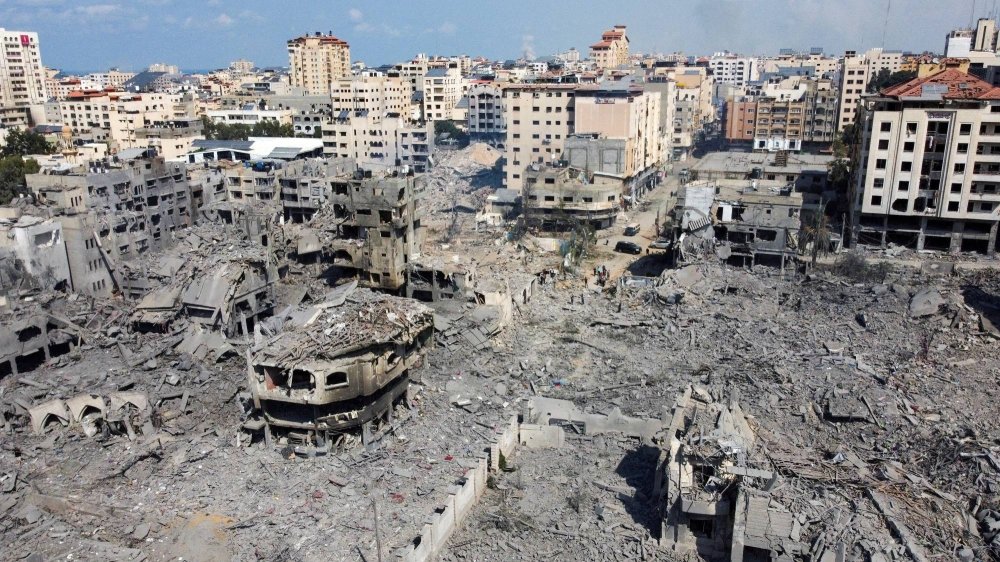
Now the world stands idly by as war crimes are being conducted against the Palestinian people. We are seeing collective punishment, indiscriminate bombing, and the withdrawal of food water and energy. Israel is exacting a devastating vengeance, but at what cost to its own?
Those 222 poor hostages remain trapped on the sidelines, their lives hanging by a thread as Gaza is flattened.
In the past, prisoner exchanges adhered to the state’s “unwritten contract” with its people also has origins in Jewish law.
The Amidah, a prayer recited three times a day by practising Jews, refers to God “freeing the captives”. Jewish scripture also prioritises freeing prisoners above feeding the poor. And safely returning hostages, even those not alive, means the appropriate burial rituals in Judaism can be respected.
But this time, an intransigent Israeli regime dispenses with unwritten contracts along with the rules of war. An apocalyptic mood pervades, stoked by a far-right government that speaks of eradicating Hamas. All norms fray as Gaza descends into hellish suffering.
The Price of this Land is Death.
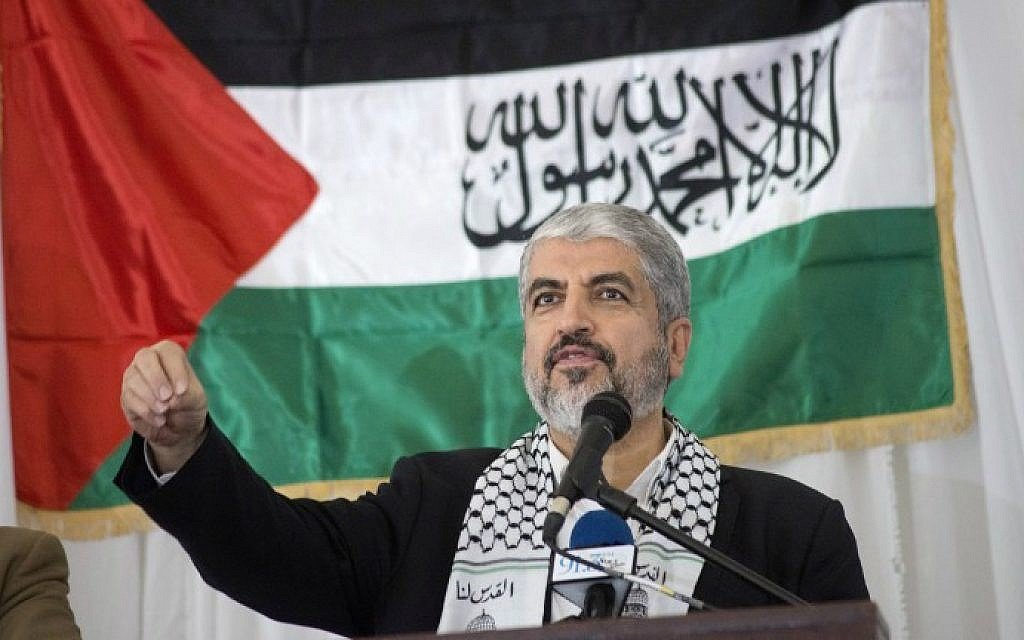
As for Hamas they now demand Israel release 6,000 Palestinian prisoners in exchange for those hapless hostages, leveraging civilian lives for political gain. While both sides have deployed this tactic before, the scale and stakes now intensify.
Israel routinely collected their pieces for this bloody game of pawns. In the midst of what some may euphemistically call “calm” during Israel’s decades-long military occupation, an average of 15 to 20 Palestinians found themselves subjected to daily arrests.
Yet, since the fateful day of October 7th, Palestine has been plunged into an abyss of suffering unlike any other. Sources reveal a startling surge in roundups. A staggering 120 people arrested daily and taken to the camps, specifically in the occupied West Bank and East Jerusalem.
These arrests come under the cover of pre-dawn military raids on Palestinian homes, marked by a brutal routine of searches violating the dignity of both family members and their homes. In this distressing process, property and personal belongings are laid to waste, while the psychological and physical well-being of those arrested is gravely compromised, enduring harsh verbal and even physical abuse as their occupiers’ iron heel stamps down. Such actions paint a bleak picture of life under occupation.
People are rounded up, taken for barter their pitiless lives used as commodities.
As Gaza Teeters, Politics Trumps People

We now see televised daily the results of Israel’s siege warfare as it reveals the victimisation of Palestinian civilians only as collateral damage.
Cutting water, food, and power to force in an act of collective punishment, is not lawful self-defence. It is a war crime. As malnutrition spreads and hospitals teeter, basic humanity suffers.
The massive bombardment and deprivation inflicted on Gazans as apparent pressure tactics have crossed moral thresholds, although Western leaders dare not say Israel is committing war crimes in its collective punishment of an entire people. War crimes endorsed by Rishi Sunak and Sir Keir Starmer alike.
Hamas’ own cynical calculus offers no relief for the people either. They treat hostages as in the same way, nothing more than political pawns, leverage regardless of the costs. Like all fundamentalists, they see apocalypse as opportunity.
Gilad Shalit: A Thousand to One
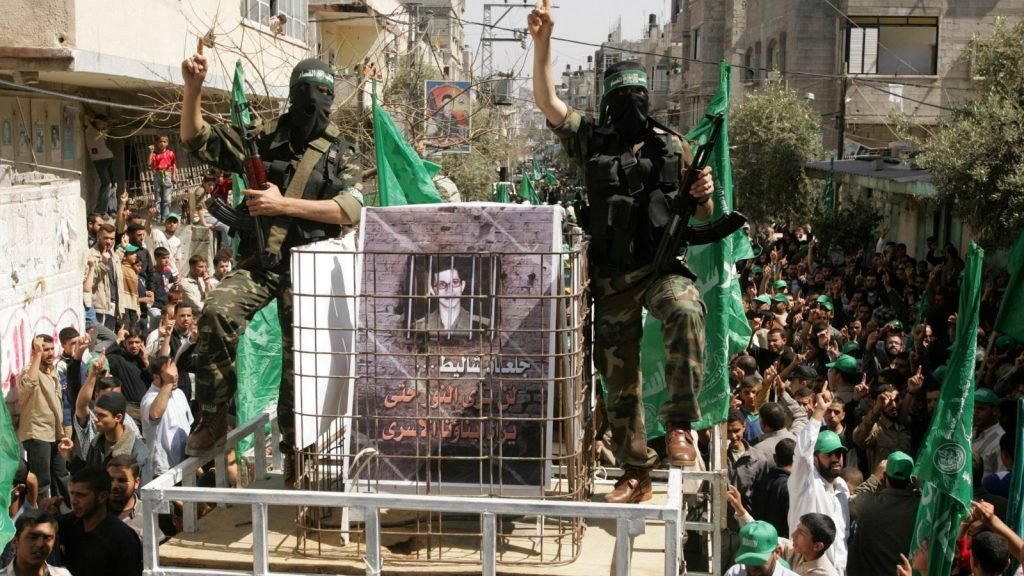
But now Israel faces a dilemma – jeopardise its citizens held hostage or bow to Hamas demands? Its reticence towards concessions echoes past hostage crises and rescue operations.
Throughout the history of the Israel-Palestine conflict, the taking of hostages has been a recurrent tactic where armed Palestinian groups have exploited Israel’s unwavering commitment to its people, which stems from the Holocaust and the nation’s small size, emphasising the promise that no one would be left behind enemy lines.
The Israeli government’s “unwritten contract” with its citizens also has roots in Jewish law, where the redemption of captives holds a special significance.
The most recent hostage-taking prior to today was of Gilad Shalit in 2006. The 19-year-old Gilad Shalit, an IDF soldier, was captured in an attack on the post he was stationed at close to the Egyptian and Gaza borders. After two tank operators were killed and a third wounded, Mr Shalit was taken into Gaza via Hamas-dug underground tunnels.
He was held by members of Hamas, the Popular Resistance Committees, and the Army of Islam over a period of five years. His family’s campaign for his return spread around the world, with his father impressing on the Israeli authorities: “The government sent Gilad to fight. It must bring him back.”
Mr Shalit was released on 18 October 2011.
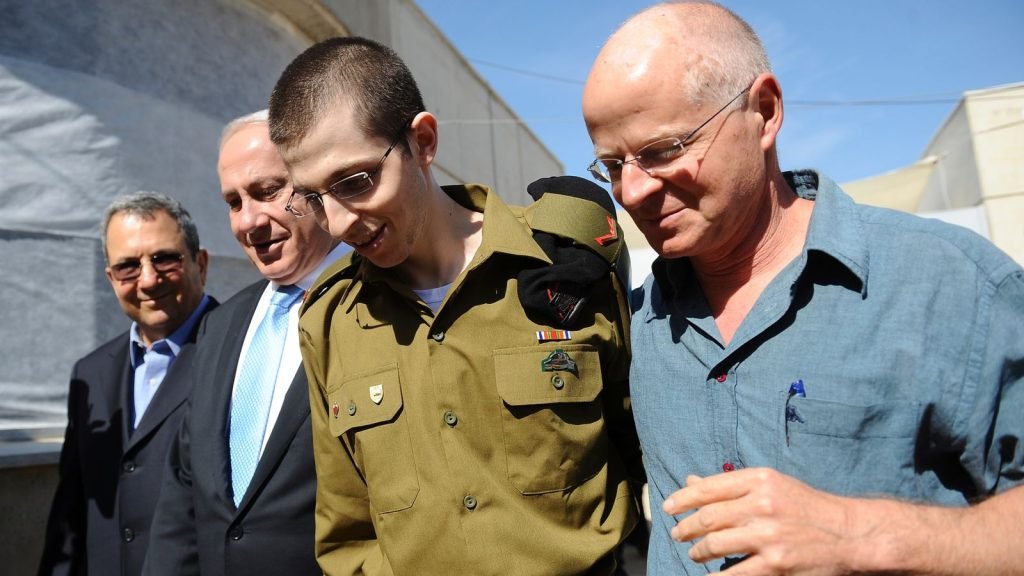
It was the first time an IDF soldier had been returned alive since 1985. The prisoner exchange was also the largest in history – almost 1,000 Palestinian prisoners were released over the next two months. During his time in captivity, there were heavy bombardments in both Israel and Gaza.
A lopsided deal was made a deal that sent a signal – taking Israeli hostages could be tremendously effective for freeing Palestinians from their jails and camps. One Israeli life was viewed as worth over a thousand Palestinians. It established hostage-taking as potent political leverage for Hamas.
Shalit’s saga showed such tactics can succeed despite heavy losses on both sides. Once again, Hamas exploits Israelis’ value for life to free those deemed terrorists by the state and with a perceived ratio of 1:1000 Hams must feel they have the advantage.
This time, with even more of its precious few citizens captured, they aim higher, seeking to free thousands more of those equally precious jailed Palestinians. Now, Hamas leverages over 222 new hostages to demand Israel’s release of 6,000 prisoners – building on the Shalit precedent.
It may be that this moral jujitsu would normally force Israel’s hand had it not been for one other historical event. A moment in time that may well play on this present situation taking a deep, darker and personal turn, in doing so we remember another Palestinian-Israeli hostage situation.
The Entebbe raid
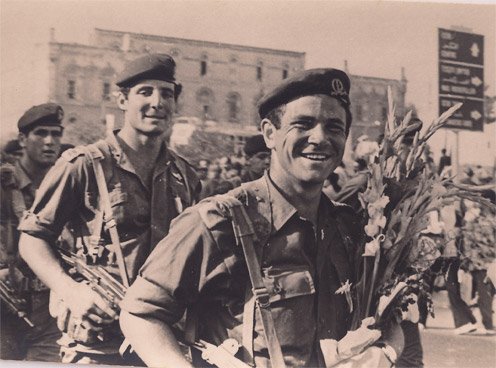
The daring Entebbe raid of 1976. When an Air France flight was hijacked by Palestinian militants.
On 27 June 1976, an Air France flight from Tel Aviv to Paris was hijacked by three men and a woman who were members of the Popular Front for the Liberation of Palestine (PFLP) and RAF militant groups.
The plane refuelled in Benghazi, Libya, before disembarking in Entebbe, Uganda, at 4 a.m. the next day.
All 258 people on board were taken to a disused airport terminal under the watch of Ugandan soldiers.
Initially, 47 elderly people, women and children were released, followed by about 100 non-Israelis.
Around 100 Israelis were left, whom the hostage takers said they would let go in exchange for 53 prisoners.
The Israelis refused to negotiate and instead, with the help of Mossad intelligence and the Kenyan authorities, they organised a rescue operation, codenamed Operation Thunderbolt.
Israel conducted a successful rescue operation to save the hostages, a successful and daring operation that resulted in only one Israeli casualty, Yonatan Netanyahu, the brother of the Israeli Prime Minister Benjamin Netanyahu.
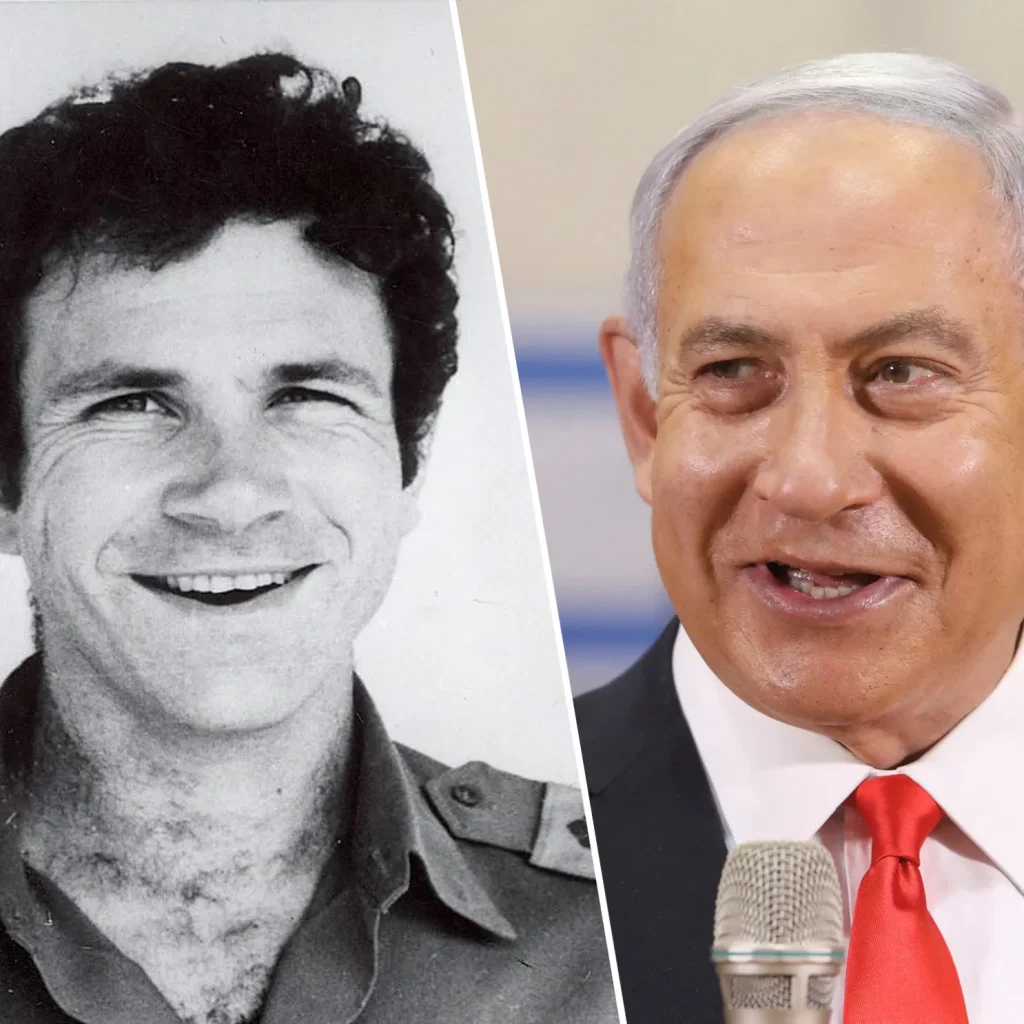
Again, Israel faces a dilemma – jeopardize its citizens held hostage or bow to demands, or simply wipe out its enemies people.
Neither scenario bodes well for the innocents on both sides, and again both sides have been let down by poor leaders. Israel’s commitment to the eradication of Hamas and to extinguish any future threats of negotiating with terrorists further complicates an already dire situation. The people being held hostage and the Palestinian population are caught in a nightmarish limbo.
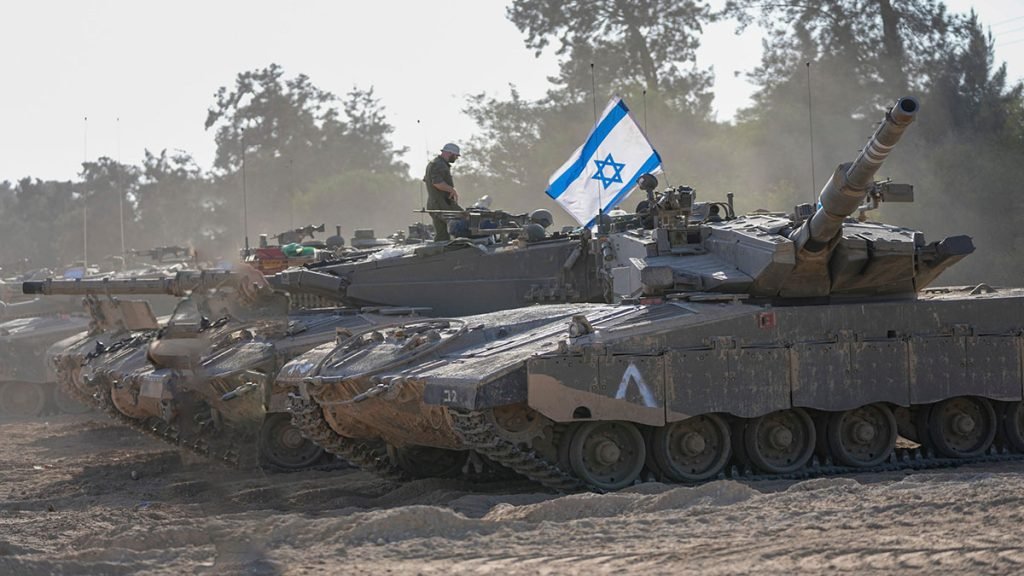
The evidence points to a worrying possibility that Israel has only one course of action, to use the suffering of the Palestinian people as leverage to secure the release of its hostages. By withholding essential resources. All the while they will conduct military operations with no other objection than to flatten Palestine.
They will force an exodus of the Palestinian people they will ensure they have no homes to return to. The next step is a ground attack, the tanks will roll. The land will become a wasteland salted and dead.
If Gaza falls, a new nadir awaits. The dream of coexistence will die amidst the rubble. New extremisms will arise from the graves. The people plead for decency but find only the iron wheels of tanks and history crushing them. Their plight should shame us all.
The hour is late, and all we have left is our prayers, ironically we all pray to the same god…
Support Independent Journalism Today
Our unwavering dedication is to provide you with unbiased news, diverse perspectives, and insightful opinions. We're on a mission to ensure that those in positions of power are held accountable for their actions, but we can't do it alone. Labour Heartlands is primarily funded by me, Paul Knaggs, and by the generous contributions of readers like you. Your donations keep us going and help us uphold the principles of independent journalism. Join us in our quest for truth, transparency, and accountability – donate today and be a part of our mission!
Like everyone else, we're facing challenges, and we need your help to stay online and continue providing crucial journalism. Every contribution, no matter how small, goes a long way in helping us thrive. By becoming one of our donors, you become a vital part of our mission to uncover the truth and uphold the values of democracy.
While we maintain our independence from political affiliations, we stand united against corruption, injustice, and the erosion of free speech, truth, and democracy. We believe in the power of accurate information in a democracy, and we consider facts non-negotiable.
Your support, no matter the amount, can make a significant impact. Together, we can make a difference and continue our journey toward a more informed and just society.
Thank you for supporting Labour Heartlands
